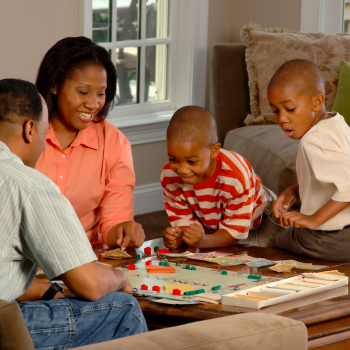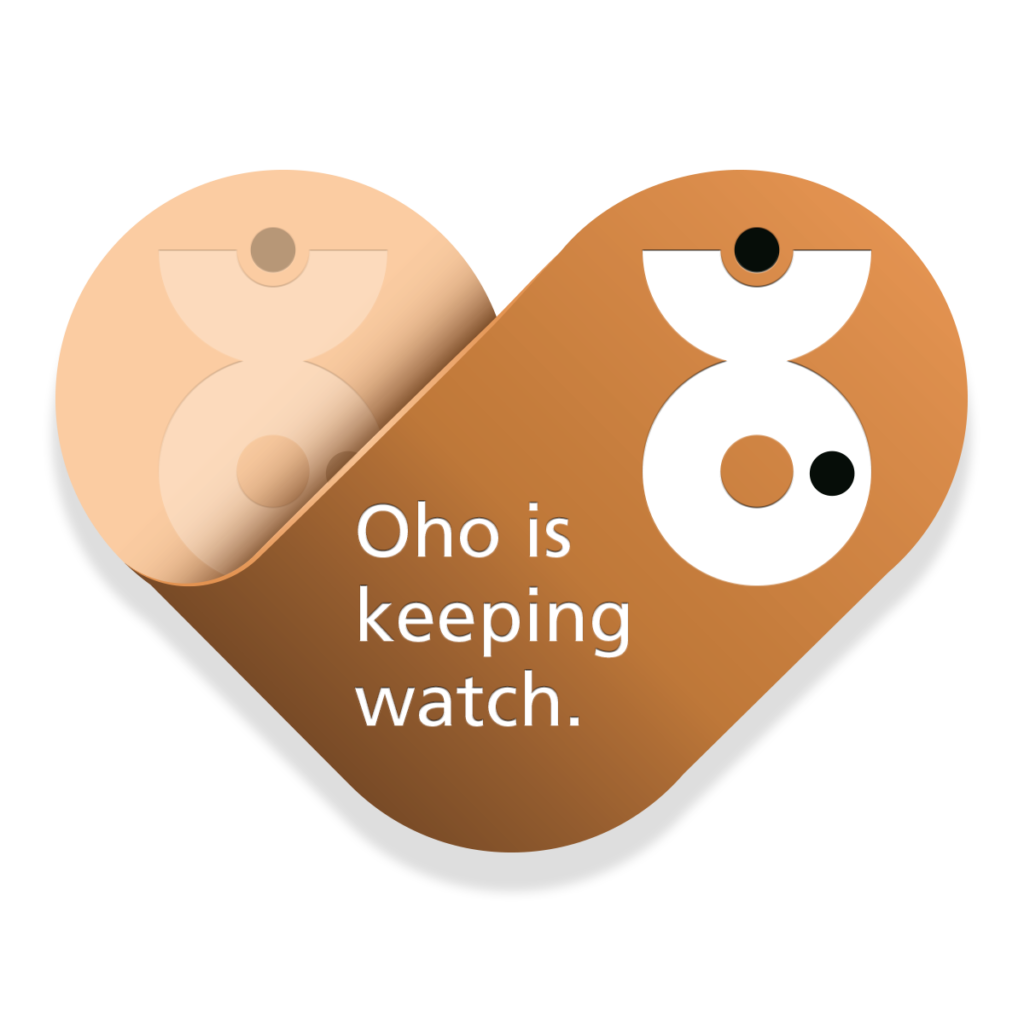Here at CAPS we know that nothing is more precious than your child. Parents work overtime to ensure that their children are always safe. Some safety rules, like looking both ways before you cross the road or not touching a hot stovetop, are easy to teach to kids.
However, some topics can feel a bit more daunting to talk about, especially with young children. But teaching your child about body safety and consent does not have to be hard! As we head into the sixth year of our award-winning Safe Children, Safe Families (SCSF) program, we would love to share some of our favourite rules for talking about personal safety with young kids.
No Go Tell
The No Go Tell rule is a safety rule that we use during SCSF. It is simple to remember, easy to understand, and fun to reinforce, making it an ideal tool to help children keep themselves safe. The rule can be used in any situation where a child identifies that someone is making them feel unsafe, whether it be a stranger or someone they know. The basics of the rule are that if anyone makes them feel unsafe, the child should tell them:
No, Go as far away from them as you can, and Tell a trusted adult.
It is important to practice the rule with your child, especially with young children. You can role play different scenarios (make it into a fun acting game!), or even just practice the ways that they can say no. Additionally, it is important to emphasise that they should keep telling trusted adults until someone believes them and they feel safe again.
Five Heroes
This strategy goes hand-in-hand with the No Go Tell rule. While it is important that your child knows to tell a trusted adult that they need help, it is also important to help them identify who they should trust. A simple way to do this is to print out an outline of a hand (you can always trace their hand to make it a fun activity), and then have them draw or write a “hero” on each finger.
Their heroes should be five adults that they feel they could go to for help. This could include their parents, an aunt or uncle, a teacher, a sports coach, or even a neighbour. Once your child has identified their five heroes, you should make sure you give them time to have quality interactions with the adults they have chosen. It might also be helpful to let their trusted adults know that your child has chosen them, to prepare them in case your child discloses an unsafe situation to them.
“Watch out for tricky people”
The “tricky people” terminology is a strategy for helping children identify when an adult might be dangerous. It has become increasingly popular as evidence has shown its effectiveness. Its basis is that if a child trusts their intuition, they are often able to instinctively sense that someone is an unsafe person. A way to teach them to tune into this is to instruct them to look out for when someone seems to be trying to trick them. You can discuss scenarios with them. For example, if a stranger approaches them asking for help finding their lost puppy, that is someone trying to trick them, because searching for a lost dog is an adult job and if the situation was real they would not go to a child for help. This rule can also apply to people they know. Tell them that if anyone ever seems to be “tricky”, regardless of who it is, they should tell you or another trusted adult immediately. In plain words, you are teaching them to trust their gut.
“I am the boss of my body”
This concept is a way to begin teaching young children about consent, and is something that can be reinforced continually in everyday life. You can build it into the way you parent. One way to do this is to ask a child before initiating touch and also encourage your friends and relatives to do so as well.
Instead of saying, “Go hug your uncle Billy,” you could say “Would you like to hug your uncle, or would you rather high five or wave?” Build consent before touching into your family’s everyday life. You can even create rules about touching within your family. For example, a rule could be, “Always ask before you touch someone. If someone tells you to stop touching them, you need to listen to them and stop right away. Even if it is while you are playing a game.” This will help your child to understand that they make the decisions about who touches their body, and that they should seek help when something happens that is not wanted.
Underpants Rule
The underpants rule is a rule that every young child should learn before they go to school. We usually teach it with groups of four and five year olds in SCSF. You can begin teaching it whenever you feel that your child is old enough to understand and talk about it. There are many children’s books designed to help you begin this discussion with your child, as it can sometimes be a tricky topic. Check out the recommended books in this month’s newsletter for ones that we recommend. When we teach this rule in our program, we say: “No one should touch your privates except to keep you clean and healthy, and if they do, use the No Go Tell rule to help keep you safe.” It is a good idea to discuss this rule somewhat regularly, to be sure that your child remembers and understands it.









